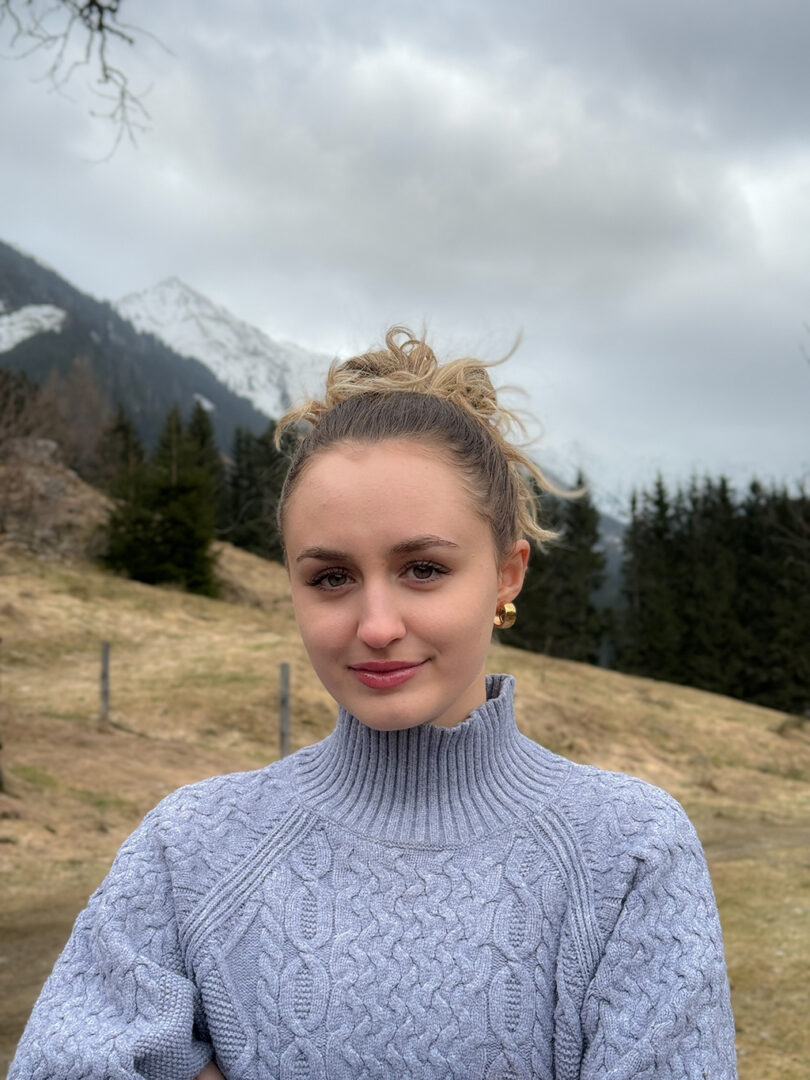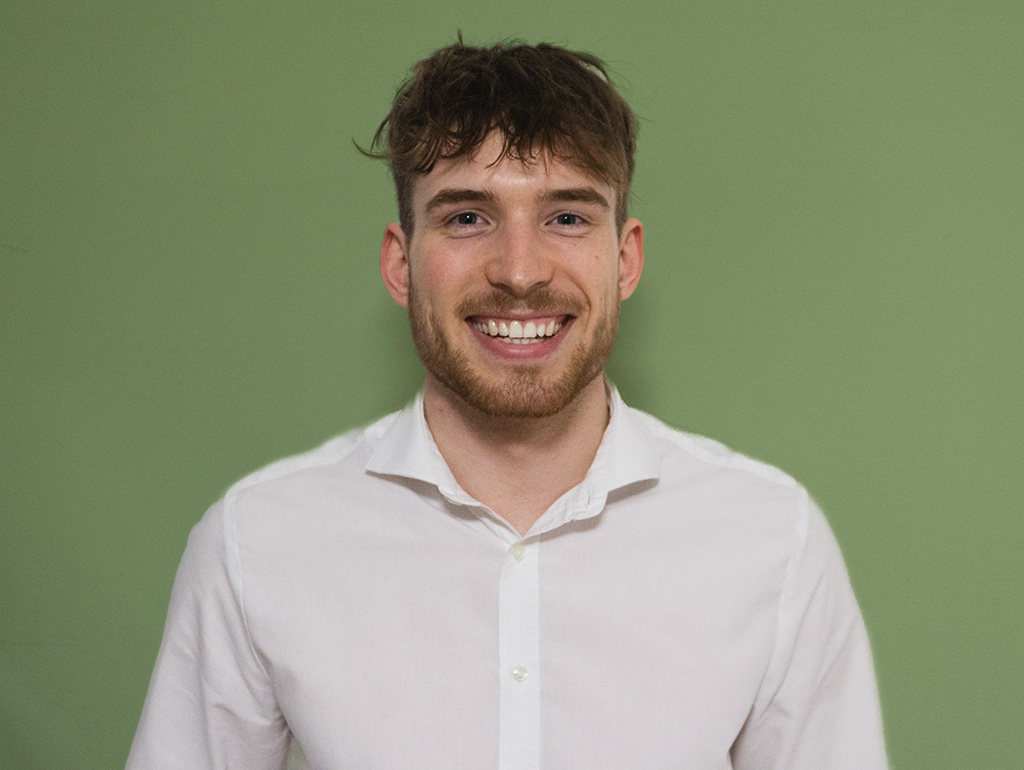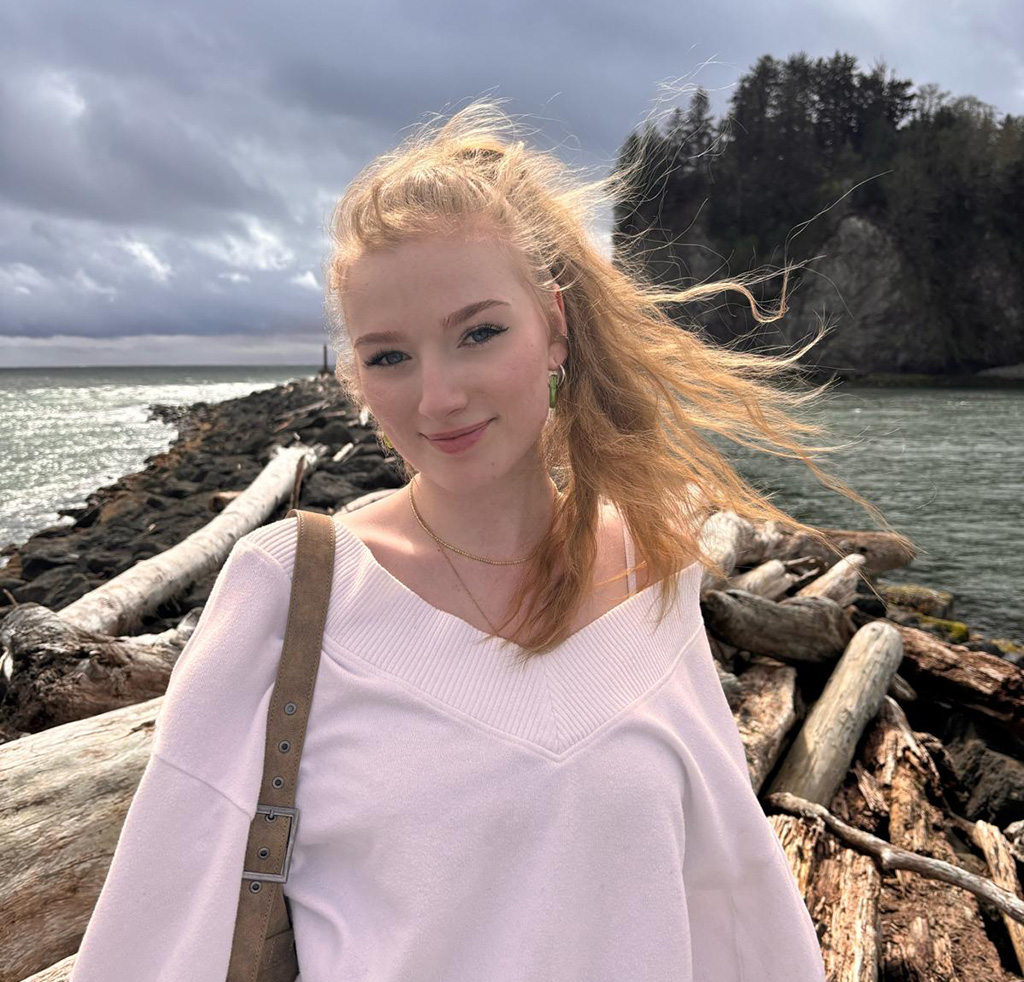Raise Awareness
In order to raise awareness, our worldwide webinars would concentrate on making young people feel like they are the “owners” of the forests in their countries as much as possible by raising a sense of responsibility. Controlled growth rather than limitations, we want to explain how the responsible and competent use of wood can improve economic activities in the long run, if we always take care of reforestation in the process.
So, in a nutshell, economic development and environmental protection should be friends and not enemies…--In 2024, we are proud of our achievements with the most modern agricultural technologies in Austria and centuries-old know-how, and we would like to exchange insights and learn from others countries as well to move forward together!





